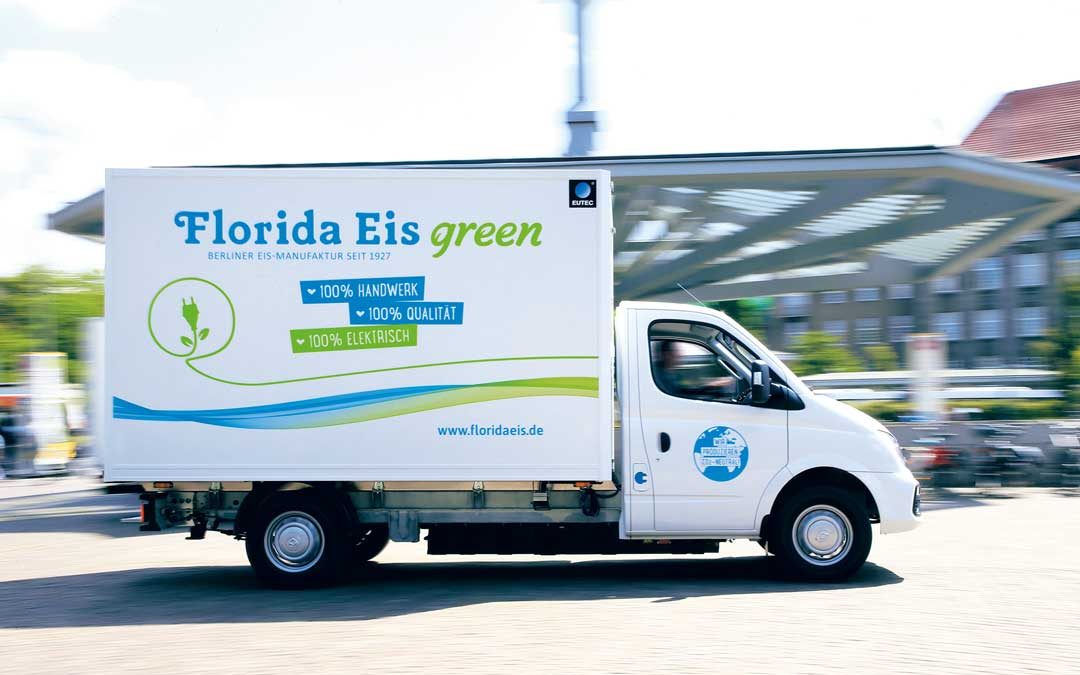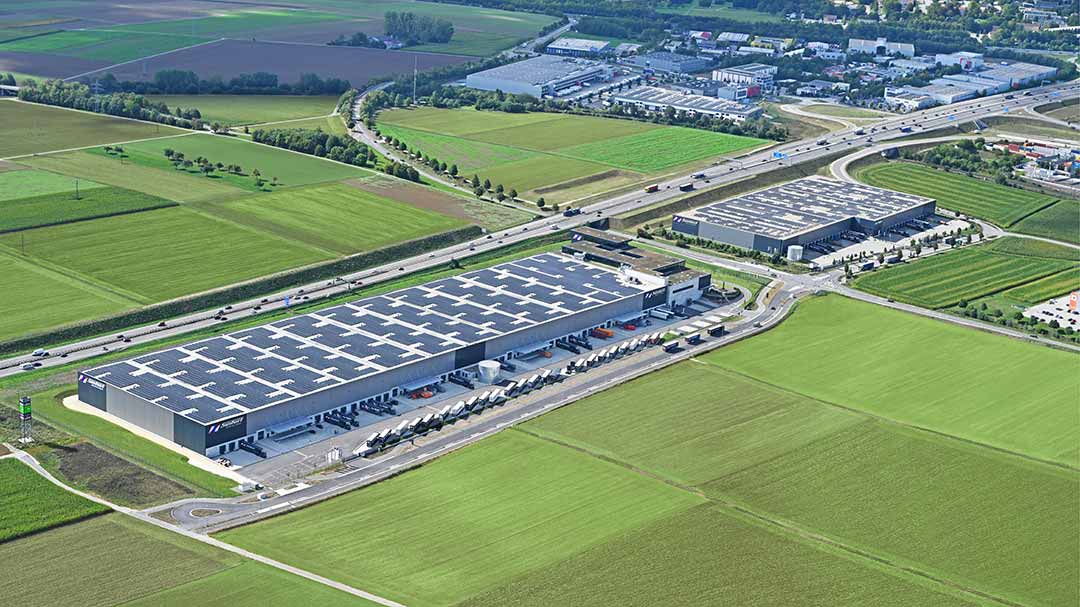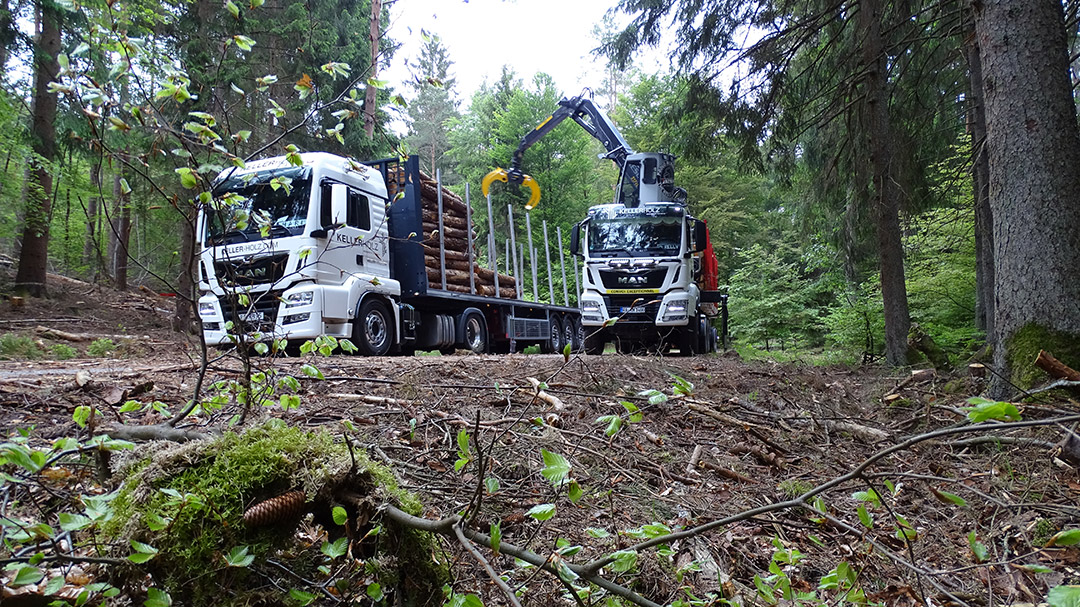Reading time approx. 3 minutes
Text: Oliver Schönfeld
Photos: Florida-Eis
Summer, sun and sweet, creamy ice cream: that’s an irresistible triad. A Berlin ice cream factory makes the pleasure even greater, because it strives for climate neutrality – from production to logistics.
“Florida ice cream” has been a household name for Berliners since 1927. For decades, the small and fine production with its café in the district of Spandau was considered an insider tip. In 1985, Olaf Höhn took over the management and led the company on a growth course: currently, Florida ice cream supplies more than 2,000 customers from the gastronomy and retail sectors nationwide. “Ice cream is a pure pleasure product. My conviction is that production and delivery should not unnecessarily burden the climate,” explains the entrepreneur.
Trimmed for climate neutrality
Florida ice cream has been pursuing a consistent sustainability strategy for eight years and, according to its own figures, has since saved a good 3,000 tonnes of carbon dioxide. This has been achieved through optimisations across all process steps: energy recovery from the refrigeration machines, solar thermal energy in production, glass foam ballast for insulation in the deep-freeze area, one of the first adsorption refrigeration systems that saves up to 60 per cent energy in cooling – a multitude of measures should lead to the targeted CO2 neutrality. “I’m an engineer, so I don’t just want to see problems, I want to find solutions,” says Höhn.

»Ice cream is a pleasure product that should not be a burden on the climate.«
Olaf Höhn, Managing Director of Florida-Eis Manufaktur GmbH
Electromobility for urban traffic
So it’s not surprising that the company’s own logistics also got on the agenda early on. “Electromobility is the future for us, in ecological terms, but also when it comes to social acceptance of inner-city delivery transport,” explains the managing director. What started with a first van has now grown to a fleet of five cars and six vans that deliver ice cream to cafés and sales outlets all over Berlin. The entire fleet is to be gradually converted to electric vehicles. “The acceptance among customers and the public is enormous: our drivers are always being asked about the electric vehicles, which I would never have expected to this extent,” says Höhn.

Eutectic cooling saves energy during transport
The company even dispenses with active cooling of the ice cream. Long before electromobility became a topic, Höhn tinkered with the principle of eutectic cooling until the technology was practical for his requirements. The idea behind it: Pre-cooled plates continuously release cold and thus keep the food within the specified temperature range – energy-saving and climate-friendly. With Maxus EV80 and Nissan e-NV200 vehicles and eutectic cooling, the ice cream travels CO2-free and quietly through downtown Berlin. The range of the Maxus of just under 200 kilometres is perfectly sufficient for urban delivery transport, and the eutectic cooling even lasts up to two days after a single recharge.
Involved in research projects
In order to help electromobility make a breakthrough in the transport sector, the company also invests time and know-how in research projects such as EN-WIN (“Using Electromobile Commercial Vehicles Economically and Sustainably”). For this purpose, Florida-Eis provided 3.5- to 7.5-tonne vehicles as well as 12-tonne trucks to record data. Together with other partners, including BPW Bergische Achsen KG, the project was about gathering concrete practical experience and using the processed data to provide new impetus for route optimisation and electric supply chains. Researchers from the Fraunhofer Institute for Material Flow and Logistics IML, Fulda University of Applied Sciences and the Department of Driver Behaviour Observation for Energy Optimisation and Accident Prevention at TU Berlin are now evaluating the collected data. The project, funded by the German Federal Ministry for the Environment, covers the entire range of commercial vehicle classes from five to 40 tonnes.
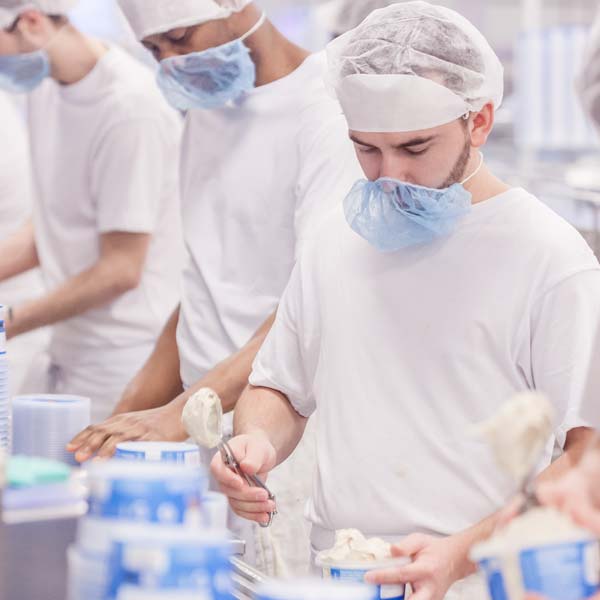
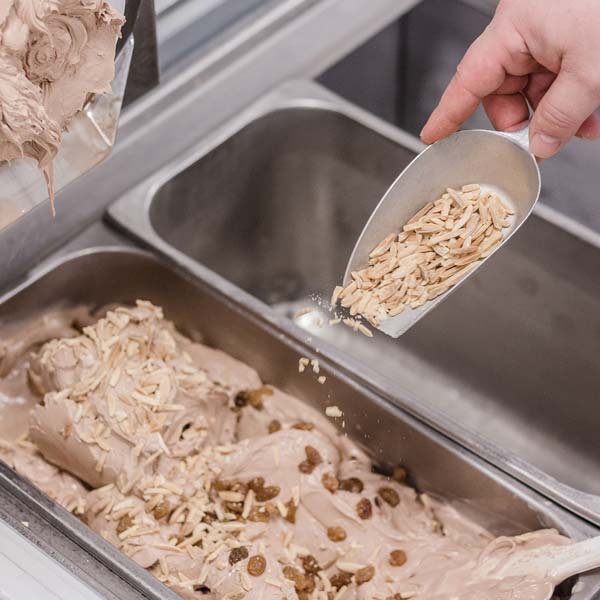

Turning sun into high-quality ice cream
Höhn hopes that the research will provide concrete impulses for his own day-to-day business. “Our vision is that we will deliver our ice cream exclusively with electric vehicles and that it will reach the food market via modern logistics in a CO2-neutral way.” Other in-house developments such as the smart freezer should also contribute to this: it always knows which types of ice cream are currently in it and can thus optimise procurement. The new ice cream production facility at Zeppelinpark in Berlin-Spandau, which opened in 2013, also sets high standards in terms of climate neutrality with solar thermal energy and other measures. “We turn the sun into ice” – this motto is put into practice there every day.

